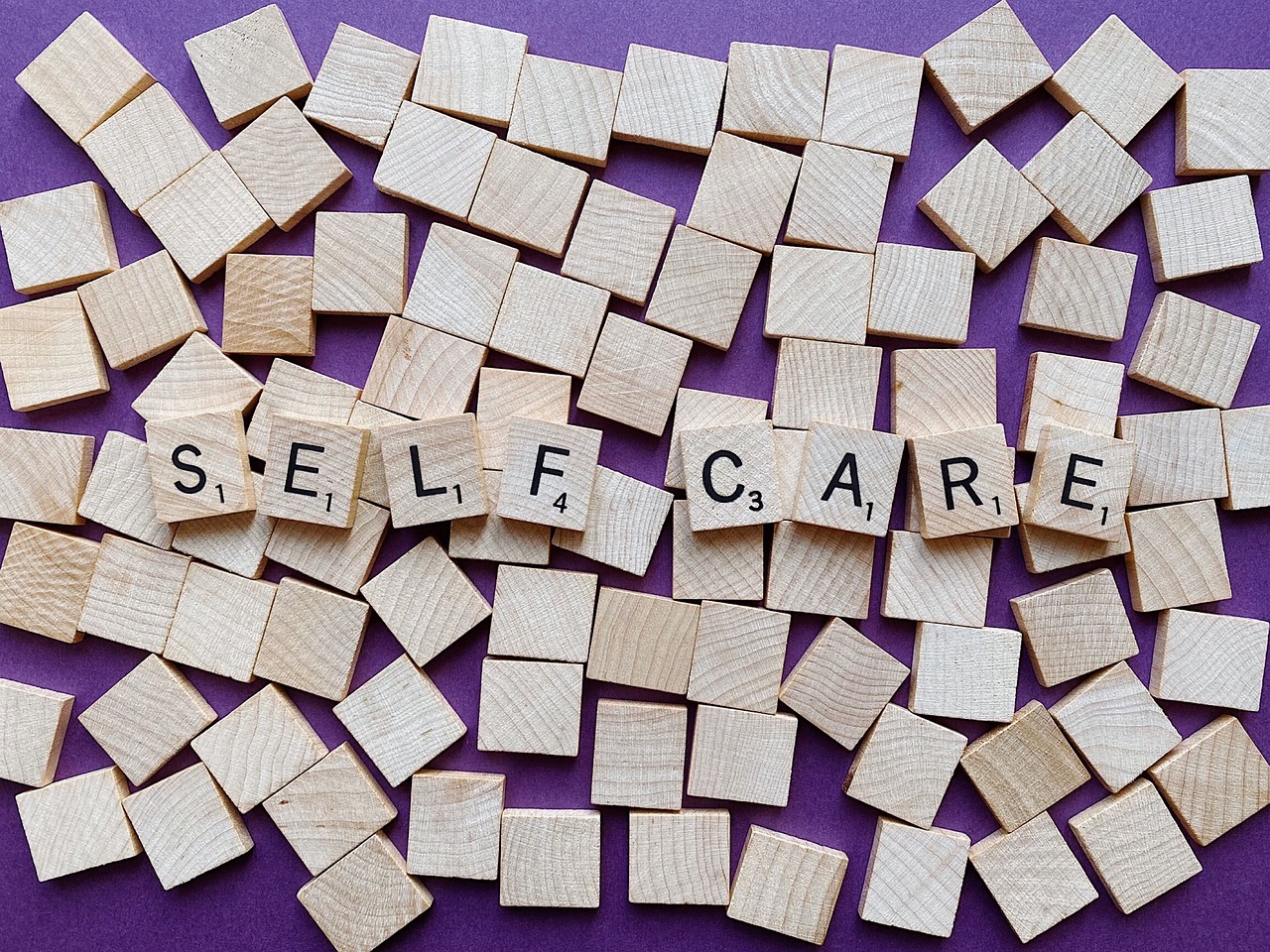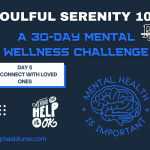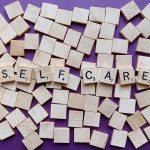
Self-confidence is a fundamental aspect of personal growth and success. It is the belief in one’s abilities, worth, and the capacity to overcome challenges. While self-confidence can be influenced by various factors, one often overlooked but critical element is self-care. In this article, we will explore the profound connection between self-care practices and self-confidence.
We will dive into how self-care can boost self-esteem, resilience, and overall well-being. Moreover, we will provide practical self-care recommendations that can empower individuals to prioritize their well-being and cultivate a deeper sense of self-confidence.
The Link Between Self-Care and Self-Confidence
Self-care is a broad concept encompassing a range of practices aimed at nurturing physical, emotional, and mental well-being. These practices are not mere luxuries but essential components of a healthy and fulfilling life. When it comes to self-confidence, self-care plays a pivotal role in shaping and strengthening it in several ways:
- Enhancing Self-Esteem: Self-esteem, often referred to as self-worth, is closely tied to self-confidence. Engaging in self-care activities, such as regular exercise, a balanced diet, and proper grooming, can lead to improved physical appearance and health. This, in turn, boosts self-esteem as individuals feel more confident in their bodies and overall well-being.
- Reducing Stress and Anxiety: Chronic stress and anxiety can erode self-confidence. Self-care practices like meditation, deep breathing exercises, and mindfulness can alleviate stress and anxiety, providing individuals with a greater sense of calm and self-assuredness.
- Promoting Self-Compassion: Self-compassion is the ability to treat oneself with kindness and understanding, especially during difficult times. Self-care encourages self-compassion by fostering a nurturing relationship with oneself. When individuals prioritize self-care, they acknowledge their worth and prioritize their needs, leading to greater self-compassion and, consequently, increased self-confidence.
- Boosting Resilience: Resilience is the ability to bounce back from adversity. Engaging in self-care practices, such as regular exercise, proper nutrition, and adequate sleep, can enhance physical and mental resilience. This resilience translates into a belief in one’s capacity to overcome challenges, thereby bolstering self-confidence.
- Enhancing Emotional Well-Being: Emotional well-being is a cornerstone of self-confidence. Self-care practices that focus on emotional health, such as seeking therapy, engaging in hobbies, or spending quality time with loved ones, can foster emotional stability and contentment, contributing to higher self-confidence levels.
Practical Self-Care Recommendations for Boosting Self-Confidence
Now that we’ve established the connection between self-care and self-confidence, let’s explore some practical self-care recommendations that can help you prioritize your well-being and enhance your self-confidence:
1. Prioritize Physical Health
- Regular Exercise: Physical activity not only improves physical health but also releases endorphins, which boost mood and overall well-being. Find an exercise routine that you enjoy, whether it’s jogging, dancing, or yoga, and make it a regular part of your life.
- Balanced Diet: Proper nutrition is essential for both physical and mental health. Consume a diet rich in fruits, vegetables, lean proteins, and whole grains. Stay hydrated, and minimize processed foods and sugar intake.
- Adequate Sleep: Quality sleep is crucial for cognitive function and emotional well-being. Aim for 7-9 hours of uninterrupted sleep per night and establish a bedtime routine that promotes restful sleep.
- Hygiene and Grooming: Taking care of your physical appearance can boost self-esteem. Regular grooming and maintaining personal hygiene can make you feel more confident in your own skin.
2. Prioritize Mental Health
- Meditation and Mindfulness: Practice meditation and mindfulness exercises to reduce stress and anxiety. These practices can help you stay grounded and focused, ultimately enhancing your self-confidence.
- Therapy and Counseling: If you’re struggling with emotional issues or low self-esteem, consider seeking professional help. Therapy can provide valuable tools and insights to improve your mental health and self-confidence.
- Set Realistic Goals: Establish achievable goals and break them down into smaller, manageable steps. Achieving these goals can boost your self-esteem and self-confidence over time.
- Positive Self-Talk: Pay attention to your inner dialogue. Replace negative self-talk with positive affirmations and self-encouragement. Treat yourself with the same kindness and encouragement you would offer to a friend.
3. Prioritize Emotional Well-Being
- Engage in Hobbies: Dedicate time to activities you love and that bring you joy. Hobbies are a great way to unwind, reduce stress, and boost emotional well-being.
- Connect with Loved Ones: Spend time with friends and family who uplift and support you. Building strong social connections can enhance your emotional resilience and self-confidence.
- Practice Gratitude: Regularly express gratitude for the positive aspects of your life. This practice can shift your focus from what’s lacking to what’s abundant, fostering a more confident outlook.
Self-Compassion: Be kind and understanding to yourself, especially during challenging times. Remember that everyone makes mistakes and faces setbacks; it’s how we learn and grow that truly matters.
4. Prioritize Time Management
- Set Boundaries: Establish clear boundaries between work, personal life, and self-care. Learning to say no when necessary can prevent burnout and boost self-confidence.
- Time for Relaxation: Schedule regular breaks and relaxation time in your daily routine. It’s important to recharge and prevent stress from accumulating.
- Prioritize Self-Care: Make self-care a non-negotiable part of your schedule. Whether it’s a weekly spa day, a daily meditation session, or a monthly self-reflection day, allocate time for self-care activities.
5. Prioritize Personal Growth
- Continuous Learning: Invest in your personal and professional development. Acquiring new skills and knowledge can boost your self-esteem and self-confidence.
- Face Your Fears: Step out of your comfort zone and confront your fears and insecurities. Each small victory can significantly increase your self-confidence.
- Embrace Failure: Understand that failure is a natural part of growth. Instead of dwelling on failures, use them as stepping stones toward success and increased self-confidence.
Conclusion
Self-confidence is a vital attribute that can shape the course of one’s life. While it may be influenced by a multitude of factors, the role of self-care in enhancing self-confidence cannot be overstated. By prioritizing physical health, mental well-being, emotional stability, time management, and personal growth, individuals can unlock their full potential and cultivate unwavering self-confidence.
Self-care is not a selfish indulgence but a necessary investment in oneself. When you prioritize your well-being through self-care practices, you not only boost your self-confidence but also become better equipped to face life’s challenges with resilience and grace. Remember that self-confidence is not a static trait; it can be nurtured and developed throughout your life. So, start today by incorporating these self-care recommendations into your daily routine, and watch your self-confidence soar to new heights.







